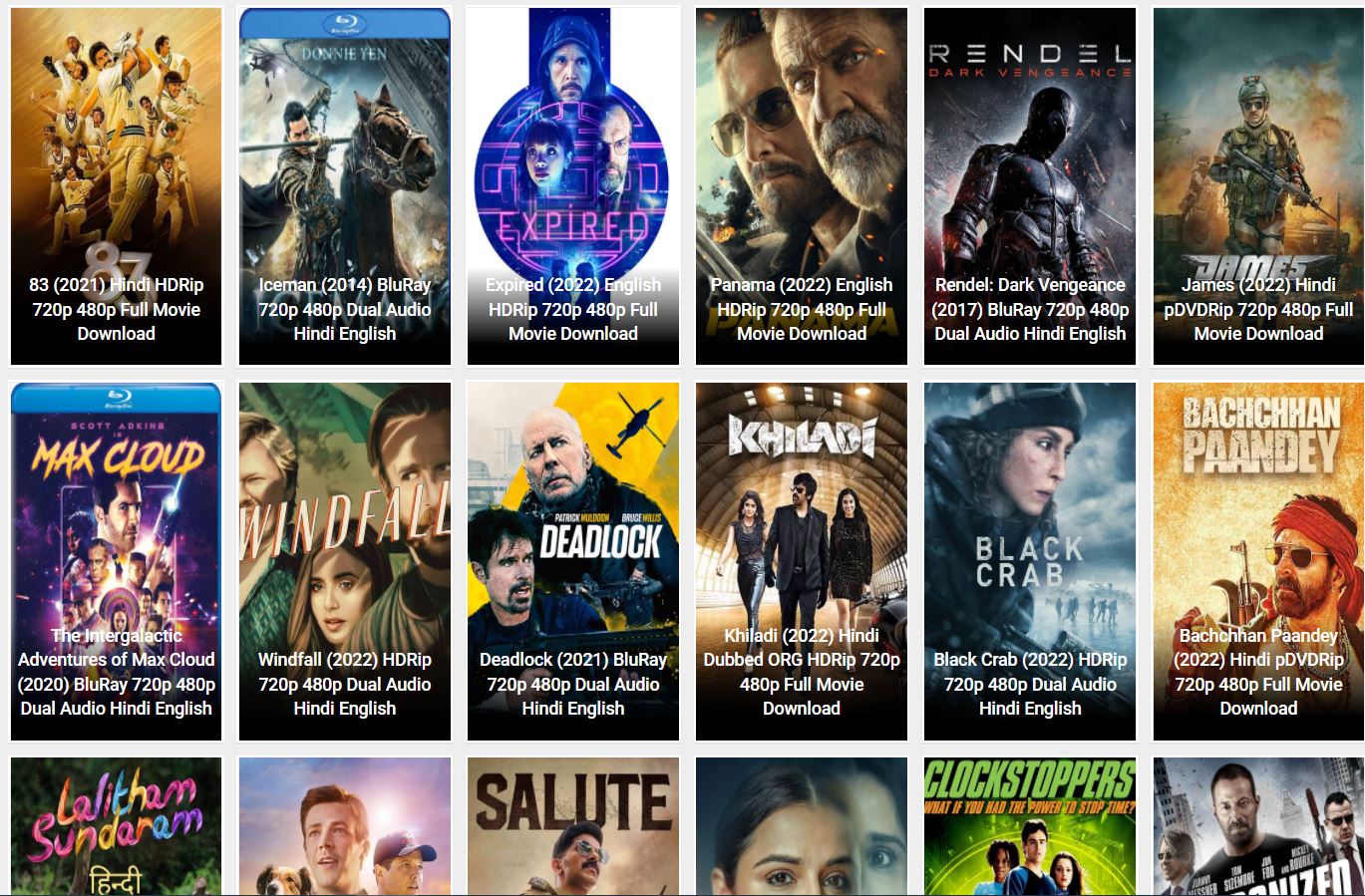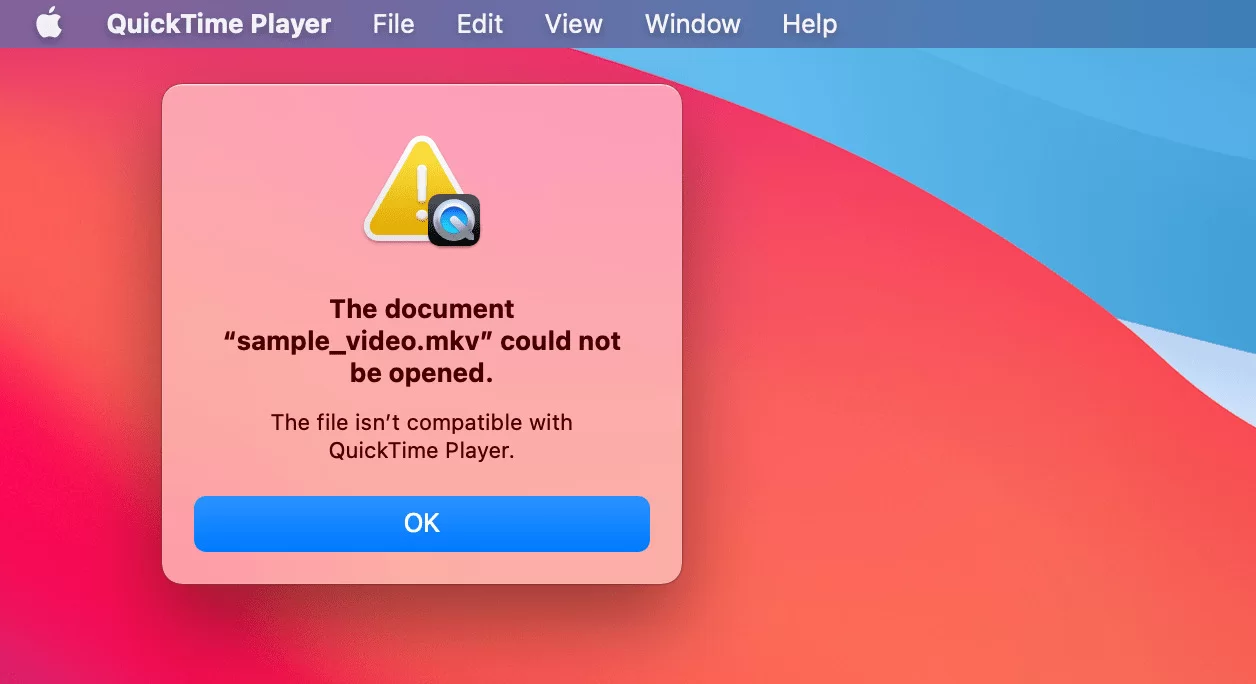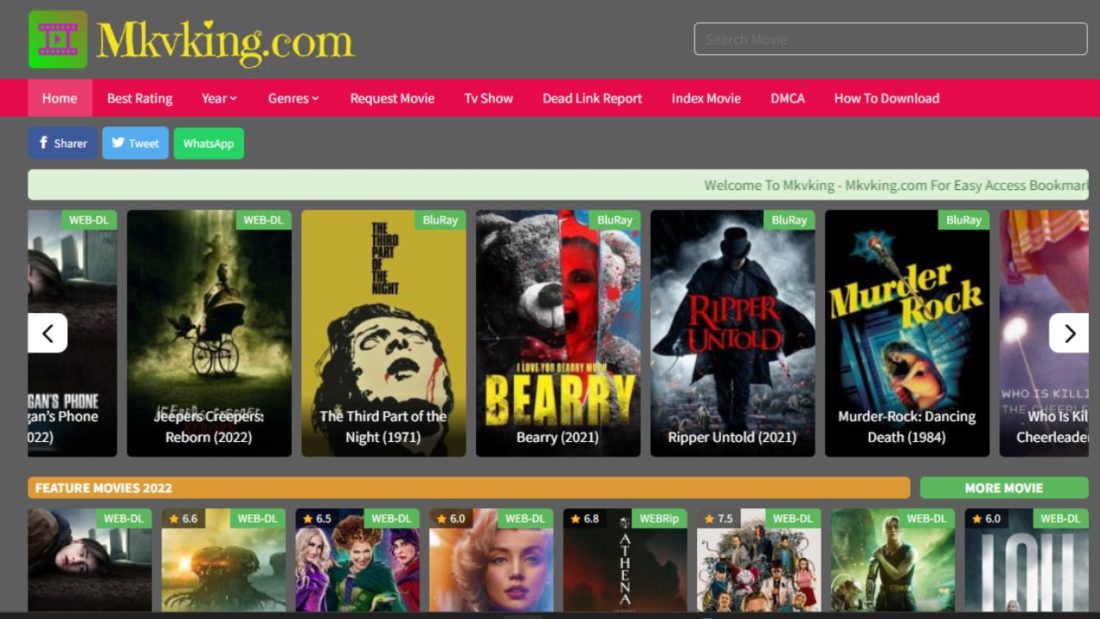Have you ever wondered why MKV movies have become such a big deal in the digital era? If you're into streaming or downloading high-quality videos, chances are you've encountered this file format more than once. But what makes MKV so special? Why is it considered the go-to choice for movie enthusiasts around the globe? Let's dive deep into the world of MKV movies and uncover the secrets behind their popularity.
Picture this: You're sitting on your couch, ready to binge-watch your favorite movie. You download the file, open it up, and bam! Crystal-clear video, perfect audio, and even subtitles that sync seamlessly. That's the magic of MKV. This file format isn't just another container; it's a game-changer in the world of digital entertainment.
Before we get into the nitty-gritty details, let me tell you something interesting. MKV isn't just about movies. It's a versatile format that can hold multiple audio tracks, subtitles, and even chapters—all in one neat package. If you're looking for convenience, quality, and flexibility, MKV movies are where it's at. So, buckle up, because we're about to take you on a journey through the fascinating world of MKV.
Read also:The World Of Cristoferideas A Comprehensive Guide To Unlocking Creativity
What Exactly Is MKV?
Let's start with the basics. MKV stands for Matroska Video, and it's an open-standard container format designed to store multimedia content. Unlike other file formats like MP4 or AVI, MKV is like a Swiss Army knife for videos. It can hold virtually anything you throw at it—multiple video streams, audio tracks, subtitles, and metadata.
But why does this matter? Well, imagine watching a foreign film with subtitles that don't sync properly or having to switch between different files for different audio tracks. Sounds frustrating, right? MKV eliminates all these headaches by bundling everything into one file. It's like having a personal assistant for your movies.
Why MKV Movies Are the Best
Now that we know what MKV is, let's talk about why it's so popular. There are several reasons why MKV movies have taken the digital world by storm:
- High-Quality Video: MKV supports a wide range of codecs, ensuring that your videos look as sharp and clear as possible.
- Multiple Audio Tracks: Whether you want to watch a movie in its original language or with dubbing, MKV has got you covered.
- Embedded Subtitles: Say goodbye to external subtitle files. MKV lets you embed subtitles directly into the video file.
- Metadata Support: Want to add chapter markers, cover art, or even descriptions? MKV makes it easy.
These features make MKV movies incredibly versatile and user-friendly. It's no wonder why so many people prefer this format over others.
How MKV Differs from Other Formats
While MP4 and AVI are still widely used, MKV offers several advantages that set it apart:
1. Flexibility
Unlike MP4, which is more rigid in terms of supported codecs, MKV embraces almost everything. This means you can use advanced codecs like H.265 (HEVC) without worrying about compatibility issues.
Read also:Isabel May Politics A Deep Dive Into Her Political Influence And Journey
2. Customization
With MKV, you have full control over your media files. Want to add multiple subtitle streams? No problem. Need to switch between audio tracks on the fly? Done. This level of customization is hard to find in other formats.
3. Future-Proof
As technology evolves, MKV continues to adapt. Its open-source nature ensures that it stays relevant, even as new codecs and standards emerge.
Is MKV the Right Choice for You?
This is a question that many people ask themselves. While MKV offers numerous benefits, it's not without its drawbacks. Let's weigh the pros and cons:
Pros of MKV Movies
- Superior video and audio quality
- Support for multiple streams and subtitles
- Open-source and future-proof
Cons of MKV Movies
- File sizes can be larger compared to compressed formats like MP4
- Not all devices support MKV natively
- May require additional software for playback
Ultimately, whether MKV is the right choice for you depends on your needs. If you prioritize quality and flexibility, MKV is definitely worth considering.
How to Play MKV Movies
One common concern people have about MKV is compatibility. While most modern devices and software can handle MKV files, there are still some exceptions. Here's how you can ensure smooth playback:
1. Use a Compatible Media Player
Some of the best media players for MKV include VLC Media Player, KMPlayer, and MPC-HC. These players support MKV natively and offer a wide range of features to enhance your viewing experience.
2. Convert MKV to Other Formats
If you need to play MKV files on devices that don't support the format, you can convert them to MP4 or another compatible format. Tools like HandBrake and Any Video Converter make this process quick and easy.
3. Check Your Device's Compatibility
Before downloading MKV movies, make sure your device supports the format. If not, consider using a media server like Plex, which can transcode MKV files on the fly.
Exploring MKV's Technical Side
For those who like to get their hands dirty, let's take a closer look at the technical aspects of MKV:
1. Codecs
Codecs are the backbone of any video file. MKV supports a wide range of codecs, including H.264, H.265, VP9, and more. This flexibility allows you to choose the best codec for your needs, whether you're prioritizing file size or video quality.
2. Containers
Think of MKV as a container that holds all the elements of your movie. It's like a digital suitcase that carries video, audio, subtitles, and metadata in one neat package.
3. Metadata
Metadata is crucial for organizing and managing your media library. With MKV, you can add detailed information about your movies, such as titles, descriptions, and cover art. This makes it easier to find and manage your collection.
The Future of MKV Movies
As we look ahead, the future of MKV looks bright. With the rise of 4K and 8K video, MKV's ability to handle high-resolution content will become even more important. Additionally, its support for advanced codecs like AV1 ensures that it will remain relevant in the years to come.
But what about competition? While other formats like WebM and MP4 continue to evolve, MKV's versatility and open-source nature give it a unique edge. As long as people value quality and customization, MKV will continue to thrive.
Where to Find MKV Movies
Now that you know all about MKV, you might be wondering where to find these movies. Here are a few options:
- Legal Streaming Platforms: Services like Netflix and Amazon Prime sometimes offer downloads in MKV format.
- Official Websites: Some movie studios and independent filmmakers distribute their content in MKV for better quality.
- Peer-to-Peer Networks: While not always legal, platforms like torrent sites often provide MKV movies. Just be sure to follow the rules and respect copyright laws.
Always remember to download movies from reputable sources to avoid scams and malware.
Final Thoughts
So, there you have it—a deep dive into the fascinating world of MKV movies. From its origins as an open-standard container to its current status as a favorite among movie enthusiasts, MKV has come a long way. Its ability to deliver high-quality video, support multiple streams, and offer customization makes it a top choice for anyone serious about digital entertainment.
Now it's your turn. Have you tried MKV movies yet? What do you think about this format? Leave a comment below and let us know. And don't forget to share this article with your friends who might be interested in learning more about MKV. Together, let's celebrate the power of great entertainment!
Table of Contents


